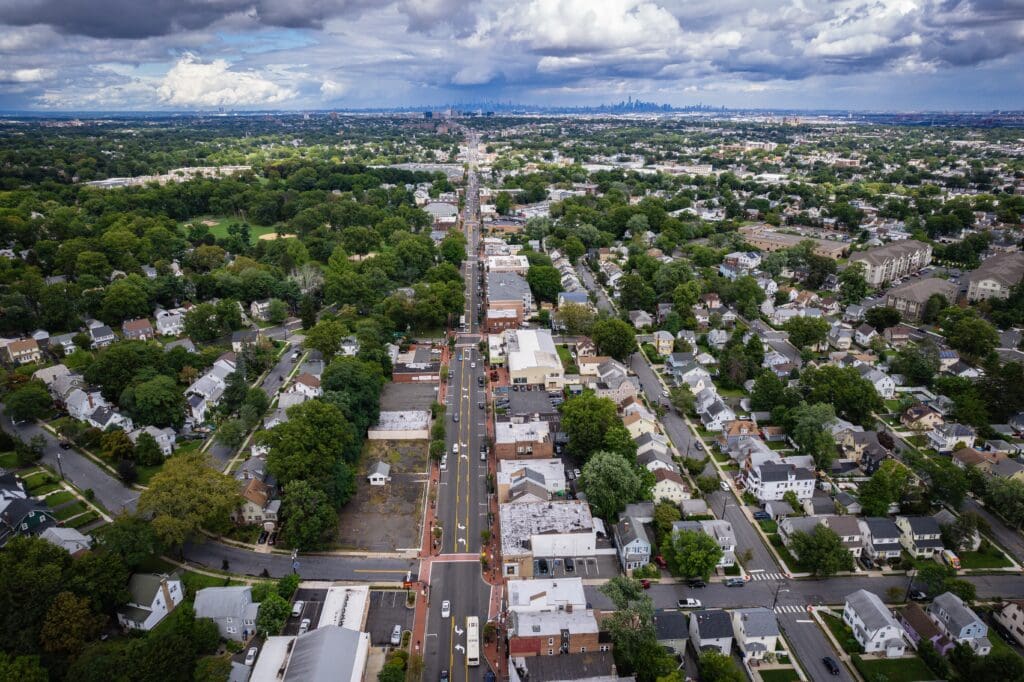As New Jersey residents brace for steep electric bill increases starting June 1, Governor Phil Murphy revealed a series of urgent steps aimed at softening the financial blow. His announcement comes amid widespread concern about rising utility rates that could strain household budgets just in time for peak summer energy use.
The looming rate hike affects customers of Atlantic City Electric, PSE&G, Jersey Central Power & Light, and Rockland Electric — the state’s four major electric providers. These companies were recently instructed by the Board of Public Utilities (BPU) to explore options that might ease the burden on customers. The state requested that providers delay higher rates until fall, when energy usage typically drops, and to search for other ways to bring costs down.
In Murphy’s statement, he said: “New Jersey ratepayers are preparing for an unprecedented increase in utility costs. While the utilities are not responsible for the rate increases, they have a responsibility to protect ratepayers. It’s clear that New Jersey’s four hometown electric utilities need to deliver more reasonable options.”
Among the measures introduced to combat electric costs:
Expanded Protection Against Shutoffs: The governor urged utilities to voluntarily extend the Winter Termination Program — which typically shields customers from service disconnections during colder months — into the summer.
Fee-Free Reconnection Window: The state has also called on utilities to temporarily waive fees to reconnect service past the summer months.
More Solar Power Programs: Murphy directed the BPU to fast-track new solar energy incentives and community solar projects, with a target to launch new offerings before the end of 2025.
Grid Overhaul Strategy: The BPU will examine long-term strategies to boost energy supply, particularly in light of surging demand from the tech sector and data center expansion. That includes a review of New Jersey’s role in the regional electricity market overseen by PJM Interconnection.
The rate spike itself is the result of New Jersey’s annual energy auction, which sets wholesale prices based on regional power supply — not something directly controlled by local utility companies. Nonetheless, officials say utilities have a duty to help cushion the impact on consumers.
The BPU has already implemented several initiatives in recent years to offset rising costs. In 2023, the state delivered $295 million in energy assistance to more than 455,000 households. Another effort — the Residential Energy Assistance Payment (REAP) — gave $175 credits to over 278,000 eligible homes. A second round of REAP aid was recently approved as part of the upcoming fiscal year’s energy budget.
Even with this help, the cost hike will be felt widely. New Jersey Rate Counsel Director Brian Lipman estimates average residential customers could pay over $20 more each month starting in June.
With heatwaves on the horizon and energy demand expected to surge, Murphy’s administration is betting that a mix of regulatory pressure and expanded aid can help prevent a full-blown utility crisis. This expected increase in electric costs comes at a time when the state is also facing crisis with a potential NJ Transit strike.
The New Jersey Digest is a new jersey magazine that has chronicled daily life in the Garden State for over 10 years.
- Staffhttps://thedigestonline.com/author/thedigeststaff/
- Staffhttps://thedigestonline.com/author/thedigeststaff/
- Staffhttps://thedigestonline.com/author/thedigeststaff/
- Staffhttps://thedigestonline.com/author/thedigeststaff/


